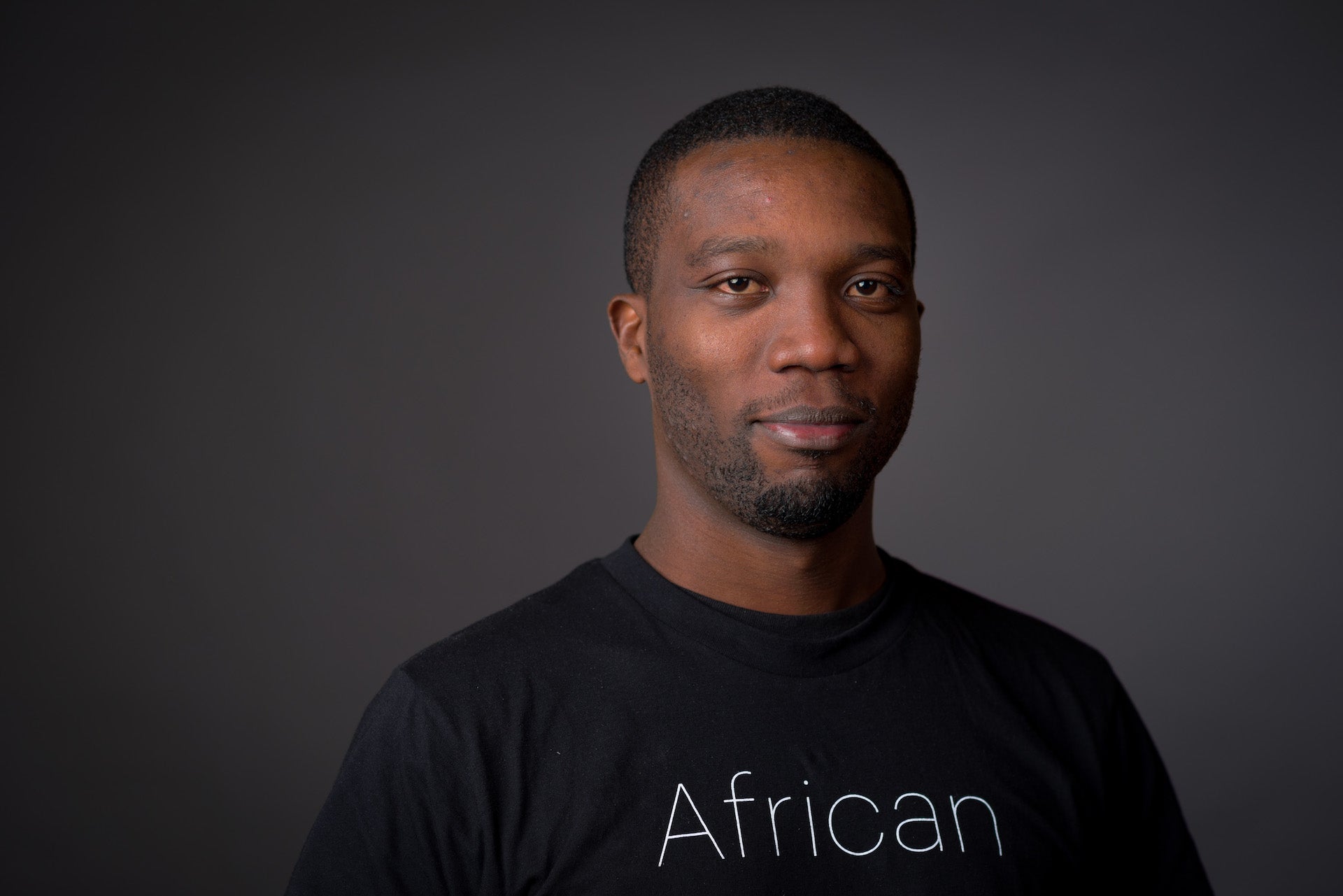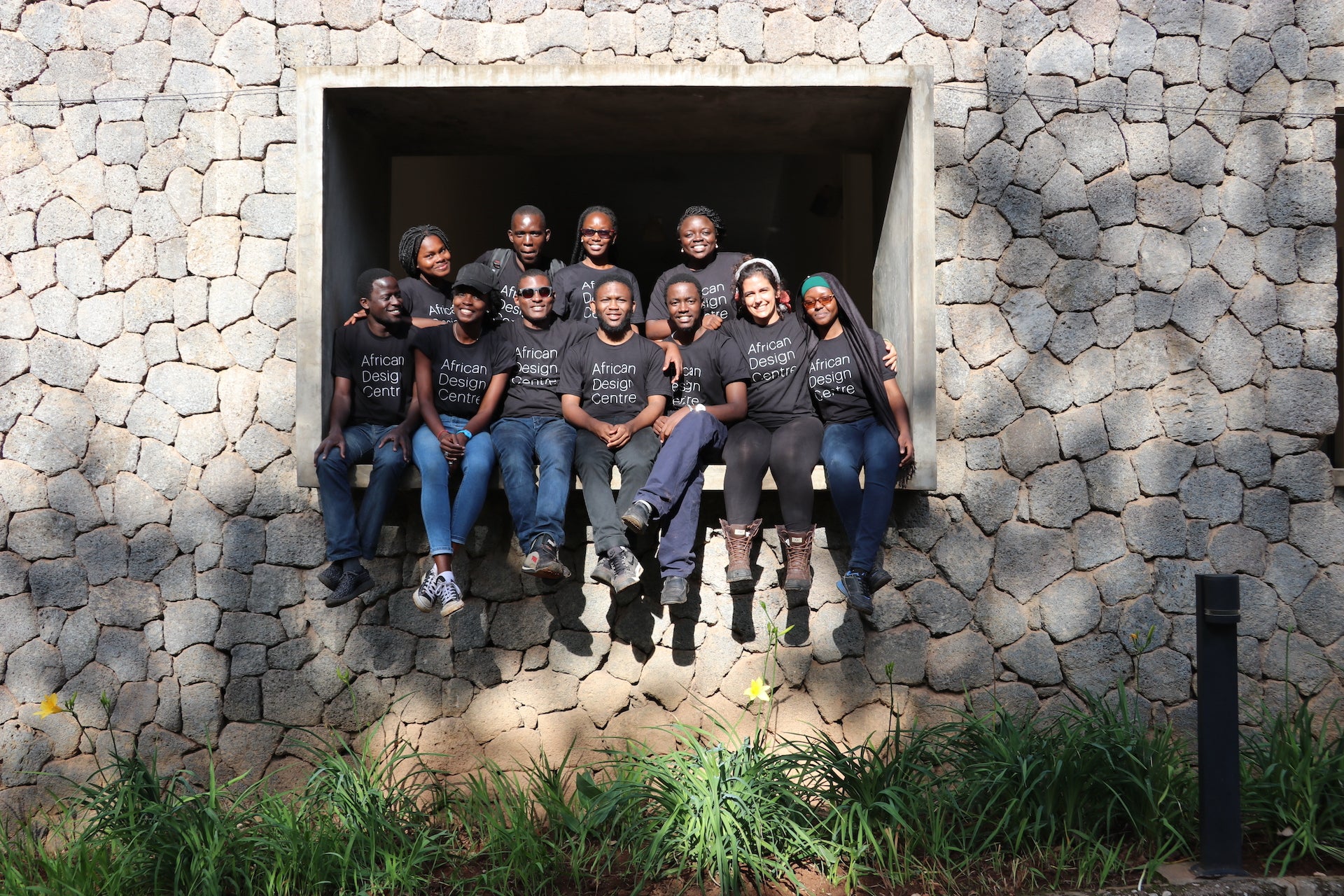Spotlight: Human Nature
Christian Benimana on Design & Nature
An interview with the Kigali-based creative on supporting the next generation of architects and designers
In the Human Nature series, we explore the critical, evolving relationship between humans and our environment through conversations with some of today’s most inspiring, influential, and boundary breaking design creatives.
This time around, we connect with Christian Benimana, Founding Director of the African Design Centre—a fellowship program that aims to empower the next generation of African creative leaders—and Senior Principal and Managing Director of the Kigali, Rwanda office of world-renowned architecture firm MASS Design Group. Throughout his work, Benimana is dedicated to facilitating respect, sustainability, and justice through architecture and design. As he has said, “I believe that architecture is not just about building design, but also about the implementation of a dignifying process that creates long-term impact.”
This approach is evidenced in everything from the MASS team’s work on the Rwanda Institute for Conservation Agriculture—currently under construction, this energy independent, hands-on university campus will honor the connections between ecological, animal, and human health—to Benimana’s efforts with the African Design Centre, of which he has stated: “I want to see a shift in the perception of what Africa can achieve. We need to offer a chance for Africans to learn how design can improve people’s lives.”
We spoke to Benimana by Zoom in Kigali.

For those unfamiliar with your work, please explain your focus and approach.
As an individual, my work is really focused on trying to figure out better ways of doing what we already do. By that I mean there’s a tendency, when we finish school and we start our work, to feel like there's just one way things are done, and so that’s what we should learn and aim to be good at.
However, we—especially in developing nations—are rarely afforded the opportunity to question that; to come up with new ways of doing things. And oftentimes, when we are, it happens out of this desperation or hardship, out of difficult situations, and I find that unfortunate. I believe people who are motivated, who are young, who are aspirational, who are energetic, should be given structures that support them to think differently.
I've been incredibly fortunate to work for a firm that has supported me in doing exactly that. And because of that, I feel like it’s my life’s mission to figure out how that can be done for other people as well.

Is there one particular project you can point to that illustrates your efforts towards that mission?
In 2016, we began the African Design Centre, a fellowship program created exactly for this purpose: to set up structures, be they educational or practical, that allow younger African designers to innovate in the space of architecture and related fields. We badly need that. We basically need to create a voice of architecture by Africans to the global stage—one facilitated from within, rather than by Europeans and Americans.

How is it going so far? How is the ADC being received?
It’s going great. We’ve received a lot of enthusiasm and support. Many young, very talented designers across Africa have reached out to express support and a willingness to participate. But of course the results will not be seen for a few years, when these young designers have actually done projects that we can point to that we can say are directly or indirectly influenced by the ADC. But I’m hopeful, and I feel like it’s going in the right direction.
Sustainability and regeneration also play a key role in your work across the board. From your perspective, how does our relationship to nature need to change?
Well, for starters, we need to understand that nature does not exist only for us. We are a part of it, and we need to share it with all other species equally.
As a human species, that’s one thing we need to change. The cultural trend of enriching only ourselves and living lifestyles that depend on resources that are not obtainable by each individual, where everyone wants to be a billionaire—that culture will have to change. We need to find a different value system, a less capitalistic way of thinking.

Lastly, is there a project out there in the world—either one of your own or someone else's—that gives you hope at this moment?
Yes. I believe our current project, the Rwanda Institute for Conservation Agriculture, will demonstrate that it’s possible to do a big project in the most sustainable way possible. I’m very excited about it because it tries to radically address this challenge of environmental sustainability in institutional projects, working within the realm of design and construction, and at multiple levels. I think it’s going to showcase what a little more effort from designers can do in addressing issues such as climate change within our own industry.
It’s impossible to say that we're going to halve our emissions by any certain date if the construction industry—one of the sectors that sees some of the most investment of capital, labor, etc—is not invested in those processes. It’s just not going to happen. We have an important role to play in contributing to those efforts. And this project is a great example of the industry’s potential.
Thank you, Christian. ◆
This interview has been edited and condensed for clarity.
This article is part of a special editorial series inspired by the 2021 Design Miami/ Basel theme “Human Nature.” On the eve of the event, Anna Carnick and Wava Carpenter of Design Miami and Anava Projects took the opportunity to connect with a short list of exceptional creatives working at the forefront of environmentally minded, and therefore socially minded, design. The series explores the evolving relationship between humans and our environment—and asks how that relationship must shift—through conversations with some of today’s most inspiring, influential, and boundary breaking design creatives.
